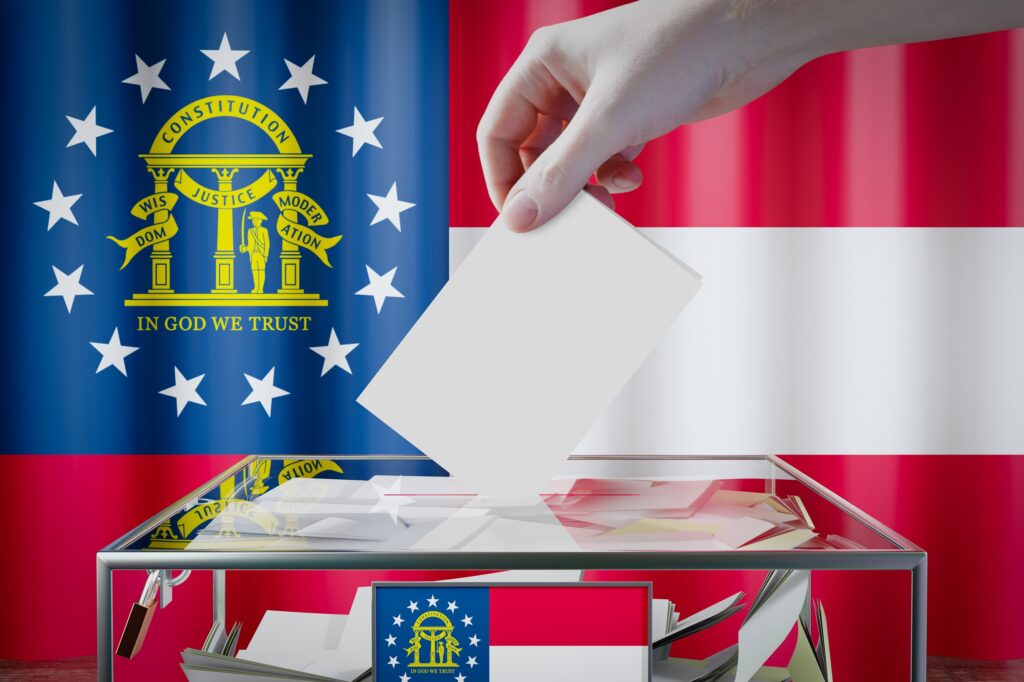Pharmacy Access To Contraception in Illinois
Authors
Key Points
Media Contact
For general and media inquiries and to book our experts, please contact: pr@rstreet.org
Background
In the last several years, 10 states and the District of Columbia have passed pharmacy access bills, which allow pharmacists to prescribe hormonal contraception to women. These efforts expand the scope-ofpractice for pharmacists and increase access to birth control for women—especially those who may not have a regular physician or find that an appointment is too costly. Such advances are critical to the prevention of unintended pregnancies.
In 2010, 52 percent of pregnancies in Illinois were unintended. When compared to the national average—45 percent in 2011—this is high. Adopting the pharmacy access model in Illinois would therefore offer women increased access to effective contraception and would, in turn, help avoid unintended pregnancies and their effects.
Unintended pregnancies in Illinois are costly. In 2010, federal and state funds paid for over 78 percent of unplanned births in Illinois. This amounted to over $927 million—$352 million of which was shouldered by the state government.
Read the full study here.











